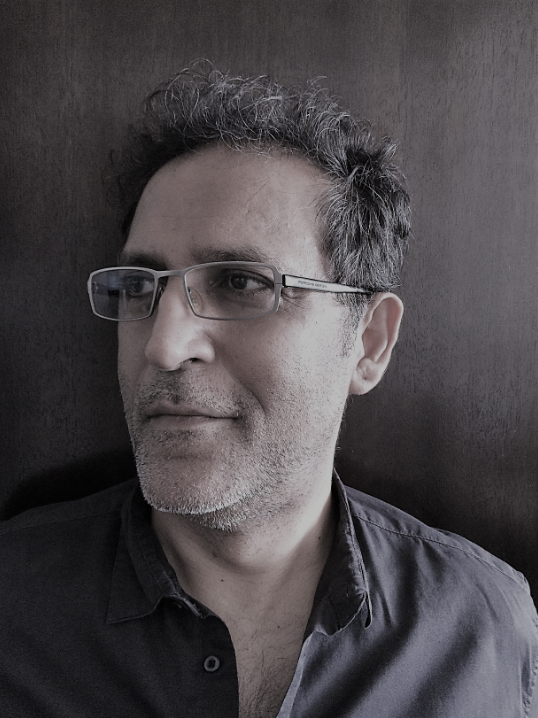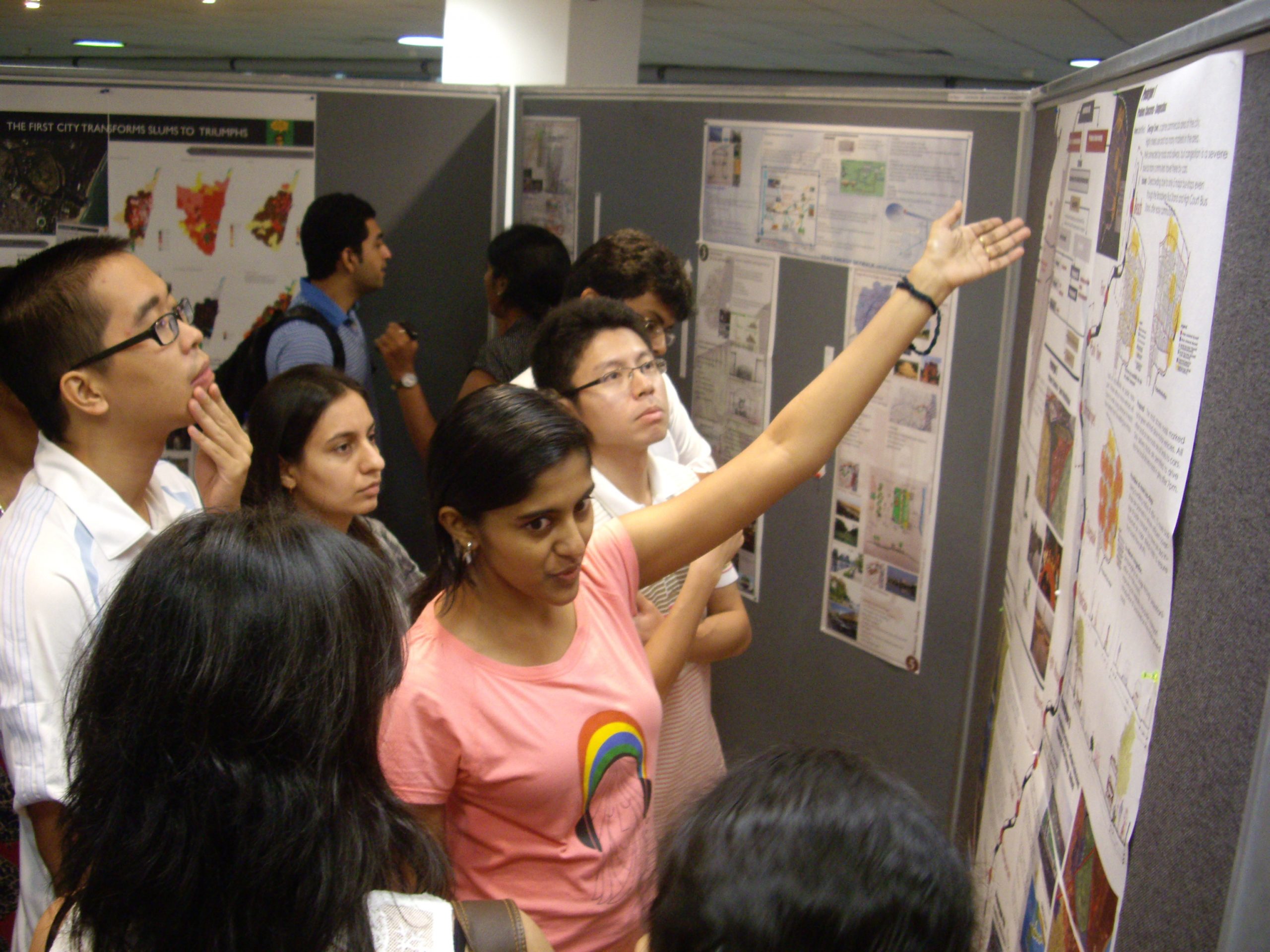Asia Focus, International Appeal
“We need specific solutions contextual to Singapore and Asia at large. This means framing sustainability challenges from ecological, cultural and climatic perspectives. This is what we explore in the MSc (Integrated Sustainable Design).”
A/Prof Nirmal Kishnani, Co-Programme Director
Department of Architecture, NUS

This year marks the 10th anniversary of the NUS Master of Science (Integrated Sustainable Design) [MSc (ISD)] programme. It signifies a milestone for co-programme director Associate Professor Nirmal Kishnani, who was part of the taskforce set up to design the original MSc (ISD) curriculum. Ten years ago, A/Prof Nirmal formulated a curriculum that explicitly addressed gaps in the industry. He framed a vision of interdisciplinary learning, to inculcate in design professionals an approach that accounts for sustainability from get-go in the design process.
Students’ choice
In the 10 years that the MSc (ISD) programme has been around, students that enrolled came mostly from the region, in particular China, India, and Vietnam. Why the appeal from Asian countries? According to A/Prof Nirmal, the focus of NUS’ MSc (ISD) on Asia is very attractive to professionals in the region who want to pick up the knowledge and solutions specific to the challenges at home.
Having students from across Asia offers diversity to the programme, not just in nationality but also professional background. The MSc (ISD) has seen professionals ranging from landscape architects to engineers and ecologists. This allows for the sharing of knowledge and experiences between disciplines, which is vital to the integrated nature of sustainable design.

Another appeal of NUS’ MSc (ISD) is its unique pedagogical approach called “Systems Thinking”. A/Prof Nirmal acknowledges that it is currently the only sustainability programme in the region, being taught from a systems-standpoint. The approach is very specific to how professionals design the environment, accounting for the need to find solutions at different scales.
Agents of change
A master’s programme is as good as its graduates. A/Prof Nirmal beams with pride whenever the co-programme director talks about his students who have returned home after their studies.
Sharing his observation, A/Prof Nirmal says: “One MSc (ISD) alumna who had returned home to Indonesia after she graduated, went on to rally the young to start thinking about sustainability. She did so through webinar series, which she put together with her classmates. She had taken what we taught her and translated it to her work as an activist today.”
Indeed, A/Prof Nirmal harbours the hope that what he and fellow lecturers teach in MSc (ISD) will have a direct impact to the future of the planet. An example of this is the proposal for Singapore’s industrial estate at Sungei Kadut, which was produced in the MSc ISD studio and featured in a CNA documentary, entitled Climate For Change: Closing The Loop – The Circular City. Watch it here: https://www.channelnewsasia.com/watch/climate-change-closing-loop/circular-city-2066786
Credit: Channel NewsAsia/Mediacorp Pte Ltd

For the January 2022 intake of the MSc (ISD), prospective students can apply or get more info here: https://www.sde.nus.edu.sg/education/graduate-programmes/graduate-programmes-by-coursework/.


